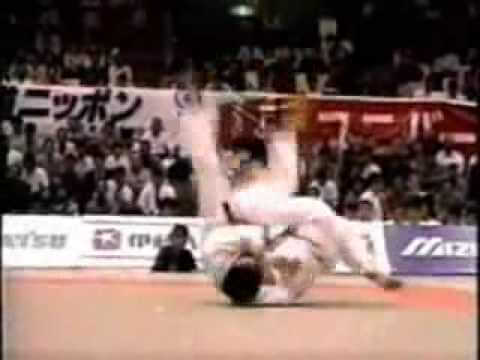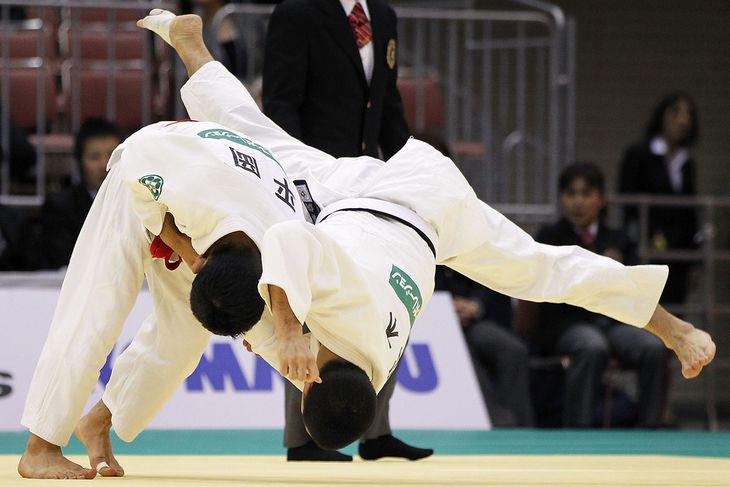UFC on Fox Judo Chop: The Development of TJ Dillashaw

Bloody Elbow’s striking specialist Connor Ruebusch breaks down UFC bantamweight champion TJ Dillashaw’s feints–and his faults
“When you touch, when you turn him–are you landing? Thank you. This is what’s gonna win. You’re a smarter fighter, you’re a more intelligent fighter. Take your time.”
–Duane Ludwig

Though far less shocking, Saturday’s rematch between TJ Dillashaw and the man from whom he took the belt may have been more interesting than their historic first encounter. Certainly the interplay between the fighters was more compelling.
Dillashaw found himself faced with a well-prepared Renan Barao, ready to make the most of the nightmarish style matchup by pressuring and countering at every turn. At times, Barao seemed perilously close to seizing the momentum of the fight, and yet Dillashaw managed to win every round regardless, arguably more convincingly than he won them last time. And though he struggled at times, Dillashaw needed only a little more than three rounds to put the Brazilian away, as opposed to the nearly five it took him last time.
For those who thought the first fight a fluke–and I still have no idea why that opinion seemed so prevalent in the days leading up to the bout–Saturday’s fight was a sore disappointment. On the other hand, it was a rare treat for fans of Dillashaw’s brand of artful violence, and a compelling new chapter in his rise to greatness.
CONTINUED VIDEO ON NEXT PAGE
Related Posts
-
 At Wrestling Show Jiu-Jitsu Takes Center Stage
No Comments | Apr 8, 2017
At Wrestling Show Jiu-Jitsu Takes Center Stage
No Comments | Apr 8, 2017 -
 Kazoku-Kan judo trio crowned national champions
No Comments | Mar 22, 2017
Kazoku-Kan judo trio crowned national champions
No Comments | Mar 22, 2017 -
 Want to know Effective Judo Sacrifice Techniques?
No Comments | Sep 10, 2015
Want to know Effective Judo Sacrifice Techniques?
No Comments | Sep 10, 2015 -
 This Llanelli teenager has won gold in a national Judo competition
No Comments | Apr 18, 2017
This Llanelli teenager has won gold in a national Judo competition
No Comments | Apr 18, 2017 -
 Medal rewards for Sobell Judo Club trio
No Comments | Apr 20, 2017
Medal rewards for Sobell Judo Club trio
No Comments | Apr 20, 2017 -
 EUROPEAN GAMES IN BAKU – JUDO ACTION ON DAY 1
No Comments | Aug 9, 2015
EUROPEAN GAMES IN BAKU – JUDO ACTION ON DAY 1
No Comments | Aug 9, 2015
About The Author
Judo DoJo
Judo (meaning "gentle way") is a modern martial art, combat and Olympic sport created in Japan in 1882 by Jigoro Kano . Its most prominent feature is its competitive element, where the objective is to either throw or takedown an opponent to the ground, immobilize or otherwise subdue an opponent with a pin, or force an opponent to submit with a joint lock or a choke. Strikes and thrusts by hands and feet as well as weapons defenses are a part of judo, but only in pre-arranged forms (kata,) and are not allowed in judo competition or free practice. A judo practitioner is called a judoka.